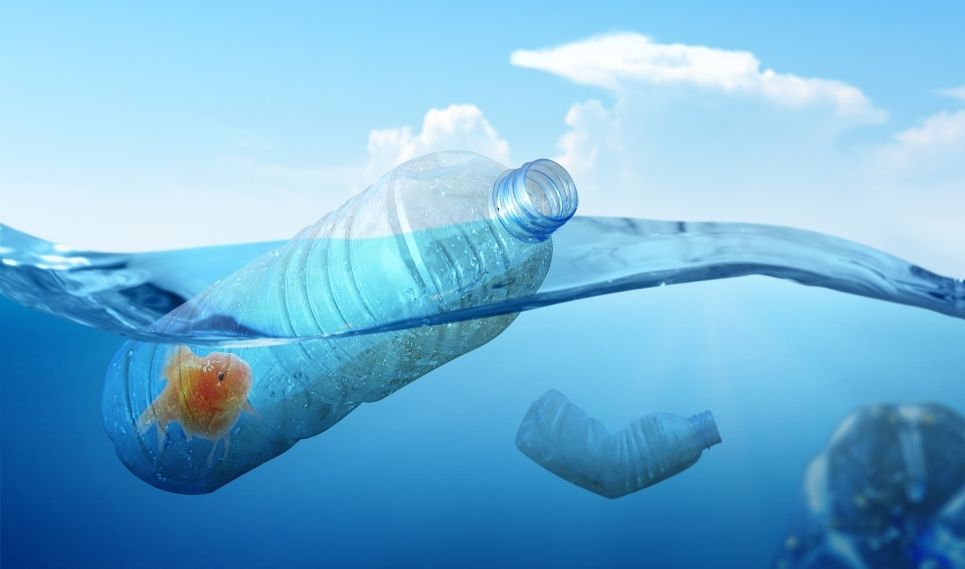Aquaculture currently plays a very important role as a food source for people, accounting for more than 50% of the world’s total supply of edible fish. Although aquaculture is an activity with a positive impact in many areas and a thousand year-old practice, part of this production is not environmentally sustainable due to large-scale commercial development. At Dibaq, we want to help make the sector increasingly sustainable and environmentally friendly. This is why the aquaculture that Dibaq promotes is not based on the exploitation of marine resources and does not contribute to the degradation of natural habitats. Other factors, such as limited resources and rising energy costs, reflect the need for aquaculture to move towards more sustainable formats. At Derwent, we are already working on this complicated task, but there is still room for improvement, which is why we continue to innovate in the sector.
One of the main contributions to help minimise the impact involves taking production inland with covered recirculating systems. In this sense, recirculating aquaculture systems (RAS) make it possible to guarantee animal welfare, food safety and proximity to the markets, thus reducing the impact on the environment. Likewise, the development of RAS systems brings social benefits in terms of labour, as it is forcing companies to hire talent from diverse fields, such as marine engineering, renewable energies, the agrifood sector, etc., in addition to allowing the creation of stable, high-quality jobs.
RAS systems represent a disruptive innovation in the sector, allowing production to be brought closer to consumption centres. Our colleagues of Derwent have spent years developing this technology to design systems that require low rates of water renewal, limited use of space, high control of internal factors on the farm, and better use of feed and nutrients.
Feed consumption is an essential factor for sustainability in the aquaculture sector, as it is taken into account when measuring the viability of projects. Therefore, collaboration with animal feed manufacturers plays an important role in helping the sector to evolve. Dibaq belongs to Grupo Tejedor Lázaro, which also includes Derwent, experts in animal nutrition too. By working in close collaboration, it is able to combine the development of recirculating aquaculture systems with the preparation of specific foods for each situation. This helps to achieve more sustainable and environmentally friendly aquaculture.
Obviously, there are still many challenges for the aquaculture sector, which must continue working to streamline administrative processes, ensure proper spatial planning in coordination with other sectors, including energy and tourism, and strengthen competitiveness in the sector. In this regard, the lack of reciprocity in the regulations governing domestic production and that of third countries results in a lack of competitiveness that must be addressed. In any case, all of these issues must be tackled from a standpoint of sustainability and ecology.
Sources: Sustainaqua, MisPeces, FAO, Solunion, Ecologistas en acción

